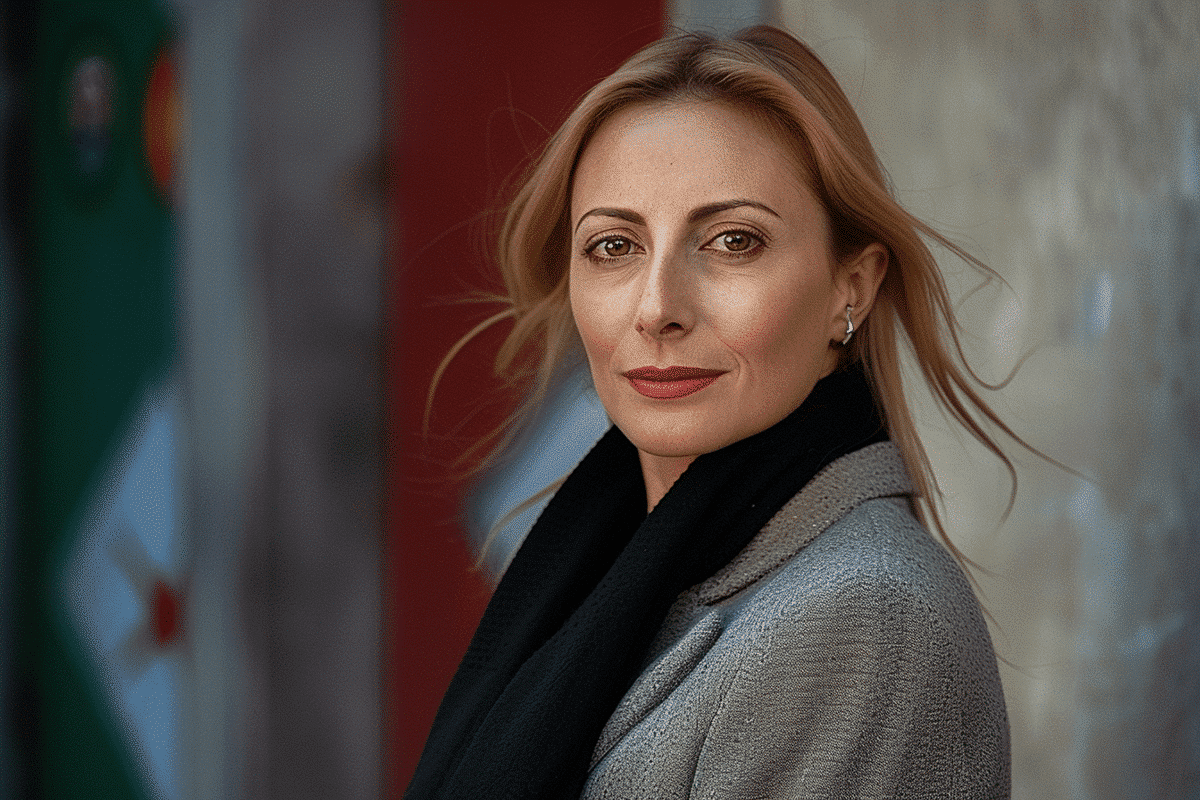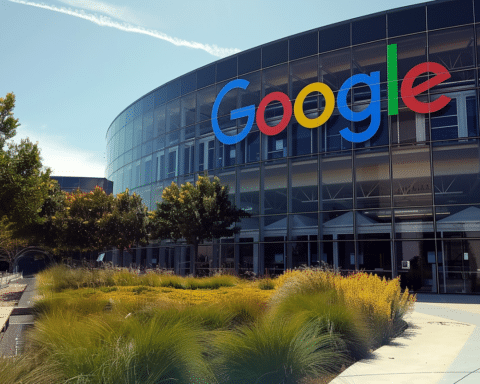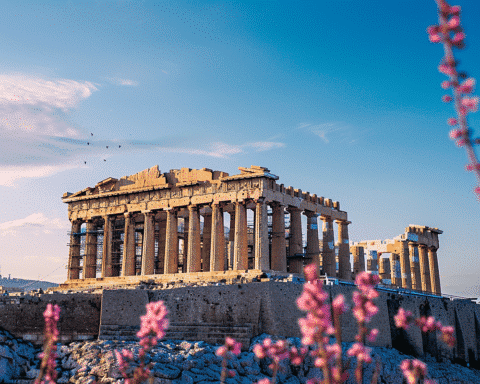Italian Prime Minister Giorgia Meloni has announced her candidacy as the lead representative for her ruling party, Brothers of Italy, in the upcoming European election scheduled for June. The announcement came during a party event in Pescara, Italy, where Meloni declared her intention to spearhead her party’s campaign across all constituencies.
Meloni’s decision is strategically aimed at consolidating center-right forces and positioning them as the dominant political bloc in the European Parliament. By leveraging her personal popularity, Meloni hopes to rally support behind Brothers of Italy and shift the balance of power away from the left-wing opposition, both domestically and within the EU.
Should Meloni secure a seat in the European Parliament, she would likely be required to resign from her position as Prime Minister. However, this scenario appears unlikely given the historical precedent set by past Italian leaders. Figures like Silvio Berlusconi and Matteo Renzi have previously assumed lead roles in EU elections while retaining their positions in national government.
Brothers of Italy currently leads in the latest polls, with projections indicating a significant share of the vote at 27.2%. This places them ahead of rival parties such as the center-left Democratic Party (PD) and the populist Five Star Movement (M5S). Meloni’s candidacy aims to capitalize on this momentum and further solidify her party’s standing in the political landscape.
The announcement of Meloni’s candidacy adds to the growing list of prominent Italian figures vying for seats in the European Parliament. Elly Schlein, leader of the PD, and Antonio Tajani, the current foreign minister representing the conservative Forza Italia party, have also entered the race, signaling a competitive and dynamic electoral contest.
Meloni’s decision to lead Brothers of Italy into the European election underscores the party’s ambition to play a significant role in shaping the future of the EU. With the continent facing myriad challenges ranging from economic recovery to migration, the outcome of the election could have far-reaching implications for the European project as a whole.
As the campaign unfolds, Meloni and her counterparts will seek to articulate their respective visions for Europe and rally support from voters disillusioned with the status quo. The center-right bloc, bolstered by Meloni’s leadership, aims to offer an alternative to the policies championed by the incumbent center-left coalition.
With just weeks remaining until the election, the political landscape in Italy is poised for a period of intense campaigning and debate. The outcome of the European election will not only determine the composition of the European Parliament but also set the course for Italy’s domestic politics in the months and years ahead.
In the coming weeks, Meloni and her fellow candidates will crisscross the country, engaging with voters and outlining their plans for the future. Their success in the election will hinge on their ability to articulate a compelling vision for Italy and Europe, resonating with voters who will ultimately decide the direction of the continent.




